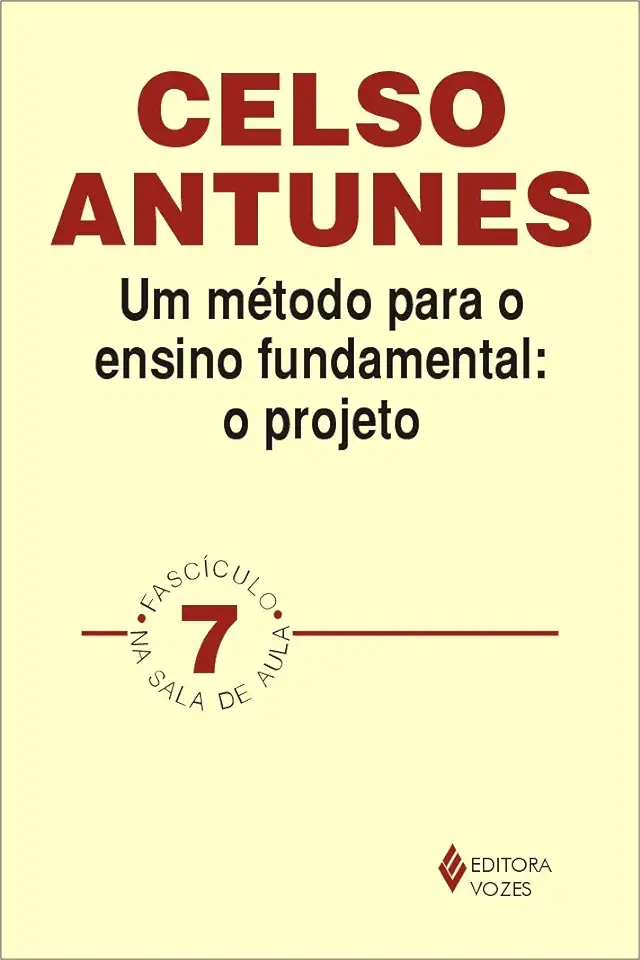
A Method for Elementary Education: The Project - Celso Antunes
A Method for Elementary Education: The Project - Celso Antunes
A Revolutionary Approach to Early Childhood Education
In his groundbreaking book, "A Method for Elementary Education: The Project," renowned educator Celso Antunes presents a revolutionary approach to early childhood education that is designed to foster a love of learning, creativity, and critical thinking in young children. Drawing on decades of research and experience, Antunes argues that traditional methods of education, which emphasize rote memorization and standardized testing, stifle children's natural curiosity and creativity.
The Project Method
At the heart of Antunes' method is the Project Method, a hands-on, inquiry-based approach to learning that engages children in real-world projects that are relevant to their lives and interests. Through the Project Method, children learn to think critically, solve problems, and collaborate with others, all while developing a deep understanding of the world around them.
Key Features of the Project Method
- Hands-on learning: Children learn by doing, not by listening to lectures or reading textbooks.
- Inquiry-based learning: Children are encouraged to ask questions, explore their interests, and discover knowledge for themselves.
- Real-world projects: Children work on projects that are relevant to their lives and interests, such as building a birdhouse, creating a garden, or writing a play.
- Collaborative learning: Children work together on projects, learning to cooperate, share ideas, and resolve conflicts.
- Differentiated instruction: The Project Method can be adapted to meet the needs of all learners, regardless of their learning style or ability level.
Benefits of the Project Method
The Project Method has been shown to have numerous benefits for young children, including:
- Increased motivation and engagement: Children are more motivated to learn when they are engaged in hands-on, inquiry-based learning.
- Improved academic achievement: Children who learn through the Project Method perform better on standardized tests than children who learn through traditional methods.
- Enhanced critical thinking skills: Children who learn through the Project Method develop strong critical thinking skills, which are essential for success in school and life.
- Increased creativity: Children who learn through the Project Method are more creative and imaginative.
- Improved social skills: Children who learn through the Project Method develop strong social skills, such as cooperation, sharing, and conflict resolution.
Conclusion
"A Method for Elementary Education: The Project" is a must-read for anyone interested in early childhood education. Antunes' revolutionary approach to learning is based on sound research and has been shown to have numerous benefits for young children. If you are looking for a way to give your child the best possible start in life, I highly recommend reading this book.
Order your copy of "A Method for Elementary Education: The Project" today and start your child on the path to success!
Enjoyed the summary? Discover all the details and take your reading to the next level — [click here to view the book on Amazon!]